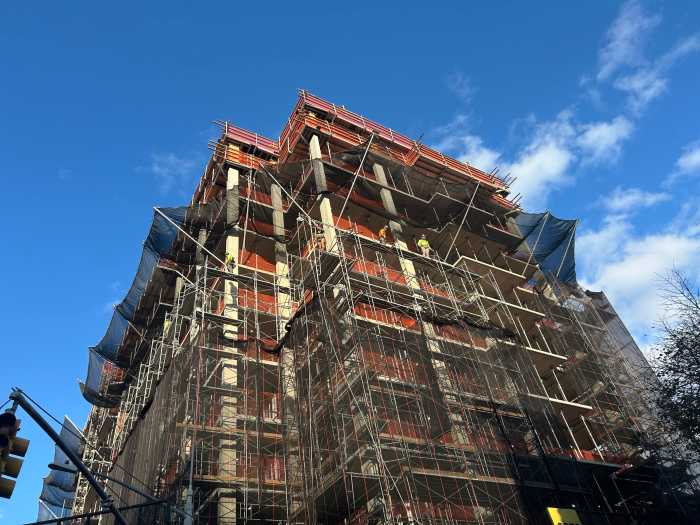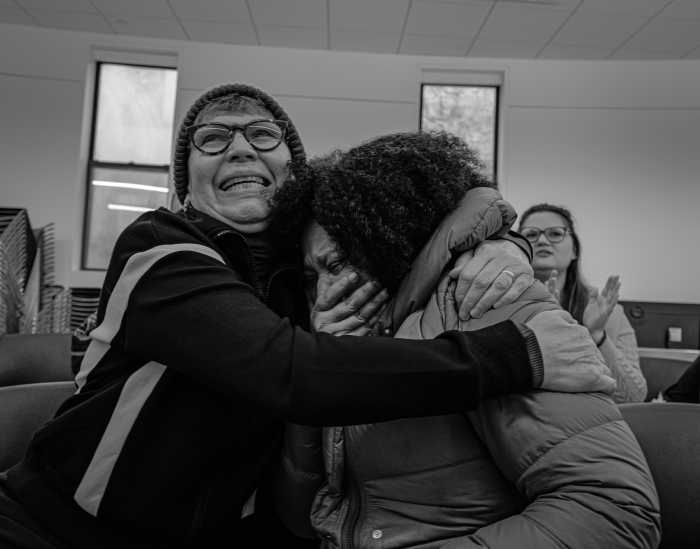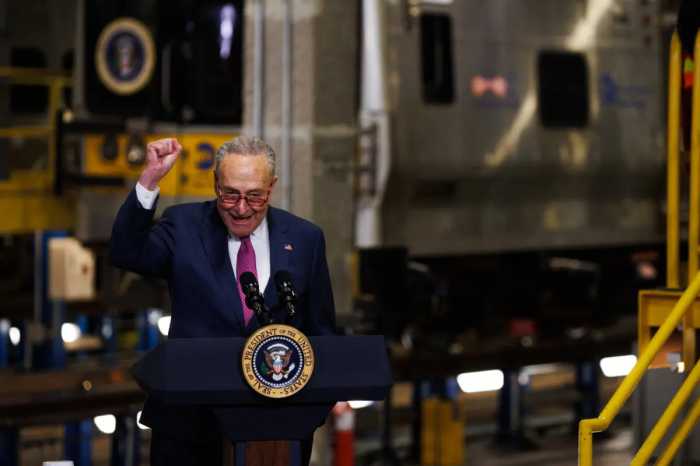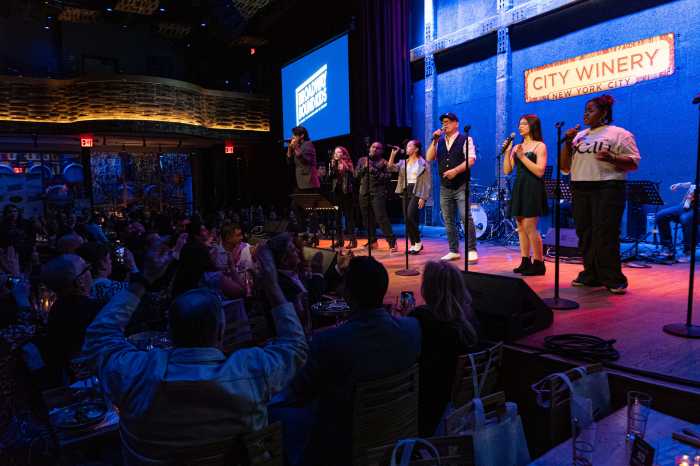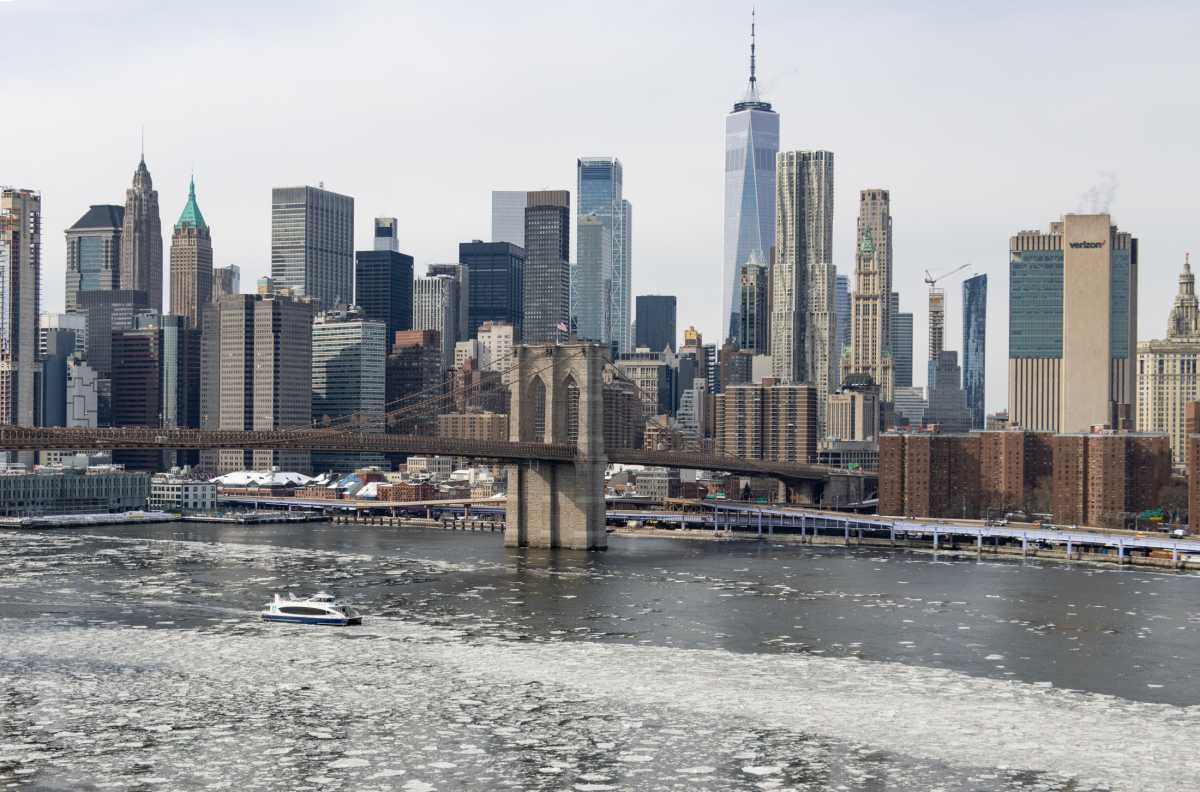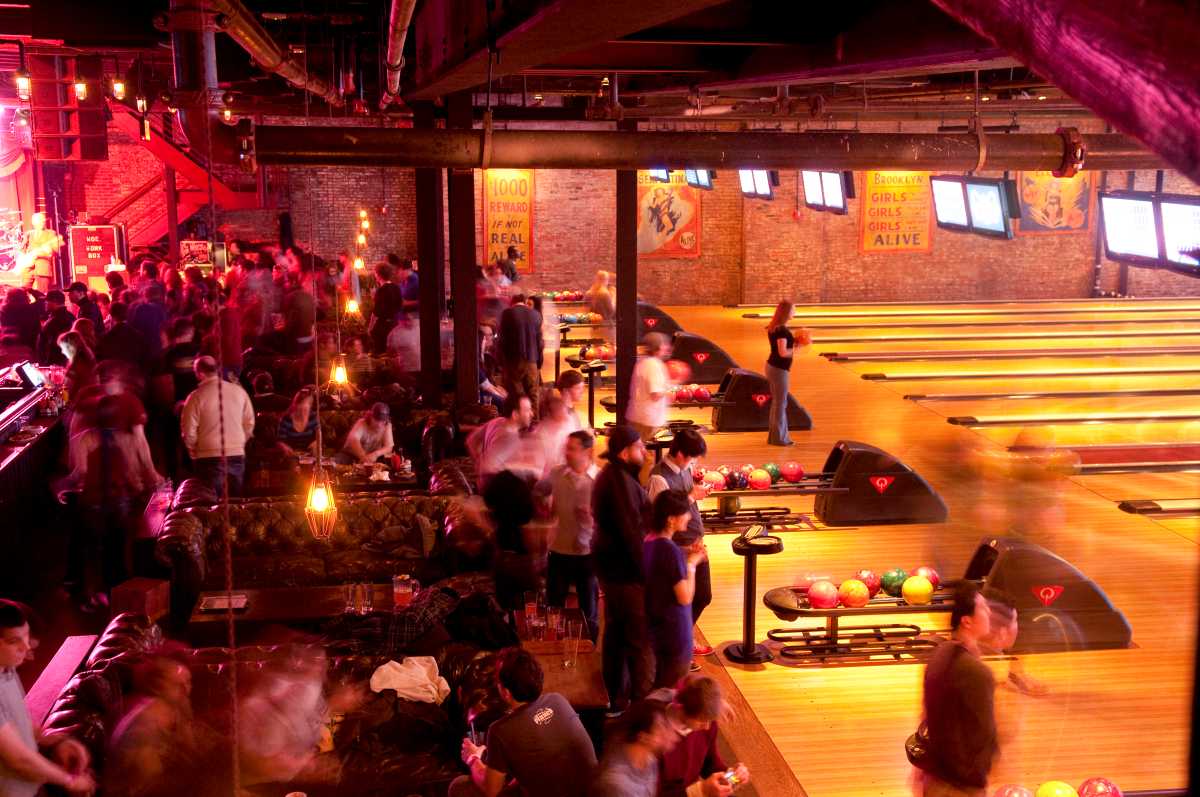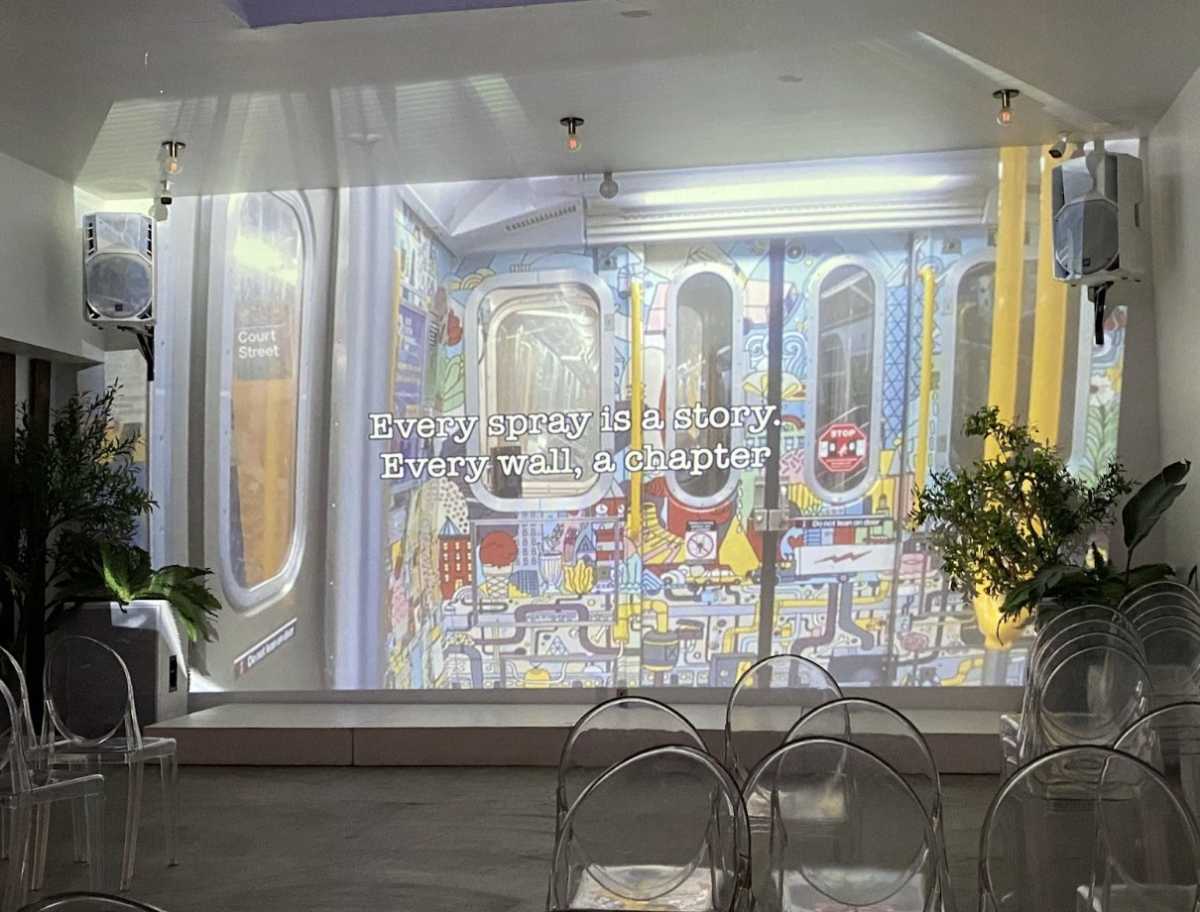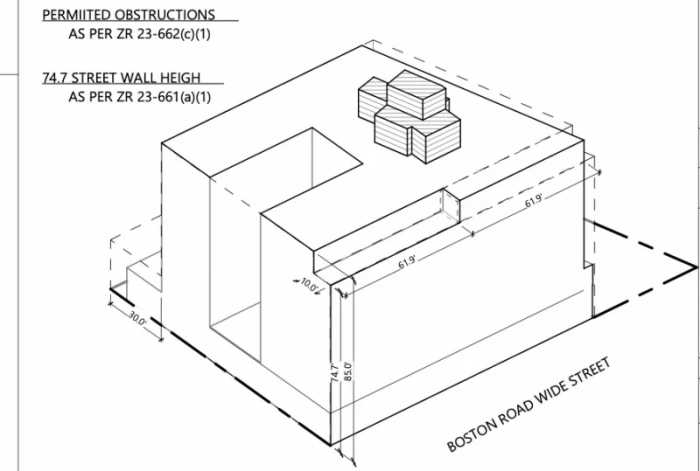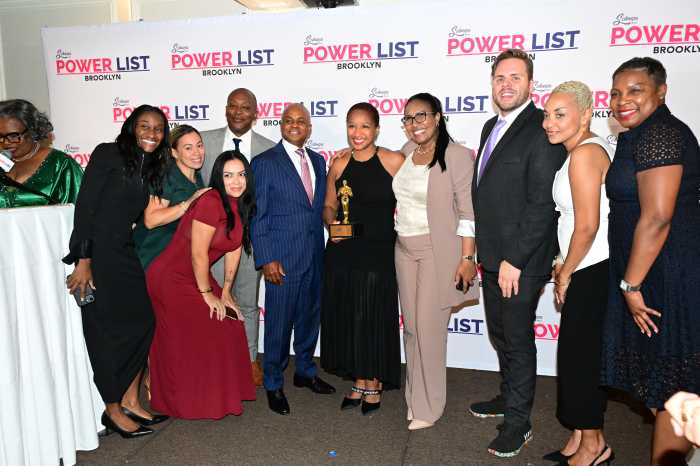
As state lawmakers consider whether to make recreational use of marijuana legal in New York, black entrepreneurs in the cannabis industry hope communities of color aren’t forgotten.
“I would hate to see all the events, and all of the dispensaries and all of the delivery apps only serving Manhattan … what about the parts (of the city) that were heavily policed?” said Andrew Farrior, the co-founder of Greenbox, a monthly subscription service offering legal cannabis-related products, such as CBD, that will begin in the New York metro area in May.
Farrior, who is originally from Alabama but has lived in Canarsie, Throggs Neck and Harlem, and his partner, Ethan Jackson, have firsthand experience breaking into the cannabis industry as minorities.
“It’s pretty much a white, male-dominated industry,” Farrior said.
Some lawmakers in Albany have acknowledged that lack of diversity, as well as the disproportionate marijuana-related arrests in communities of color, compared with white communities. Legislation to legalize the drug did not make it into the state’s April 1 budget deadline in large part because a group of black lawmakers refused to support Gov. Andrew Cuomo’s proposal without guarantees that people of color will benefit from the potentially $3 billion industry.
“Seeing the black legislators come together and say we ain’t passing no legislation that doesn’t include day one equity is powerful and it sends a strong statement,” said Sirita Wright, a founder of EstroHaze, a multimedia company that educates people on cannabis and helps people break into the industry.
The legislators are calling for specific language that will ensure job training opportunities and access to licenses to cultivate or sell marijuana for minority entrepreneurs. In states where recreational marijuana is legal, some minorities have faced challenges getting licenses because of high fees or requirements that applicants not have a criminal record.
“We cannot continue to let big companies come in here and decide what happens here in our state and leave people who have been impacted by the war on drugs left out in the dust,” Wright, who lives in Bed-Stuy, said. “People are still sitting in jail right now for marijuana offenses, cannabis offenses, and there are millionaires in this space that don’t look like us.”
Wright saw New York’s delay in passing legalization as an opportunity for lawmakers to learn from other states and get it done "the right way." Jackson, too, said he sees an opportunity for New York to set an example.
“I think New York State has the perfect opportunity to show the rest of the country that legislation explicitly benefiting the communities most heavily affected by marijuana criminalization should be one of the most important aspects of any legalization initiative.”
But Farrior is less confident lawmakers will be able to change the status quo.
“I feel like this is just rhetoric,” he said, but added: “I hope I’m wrong.”




